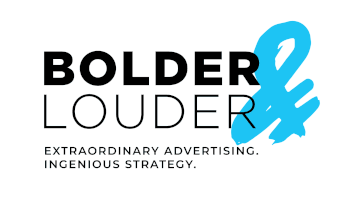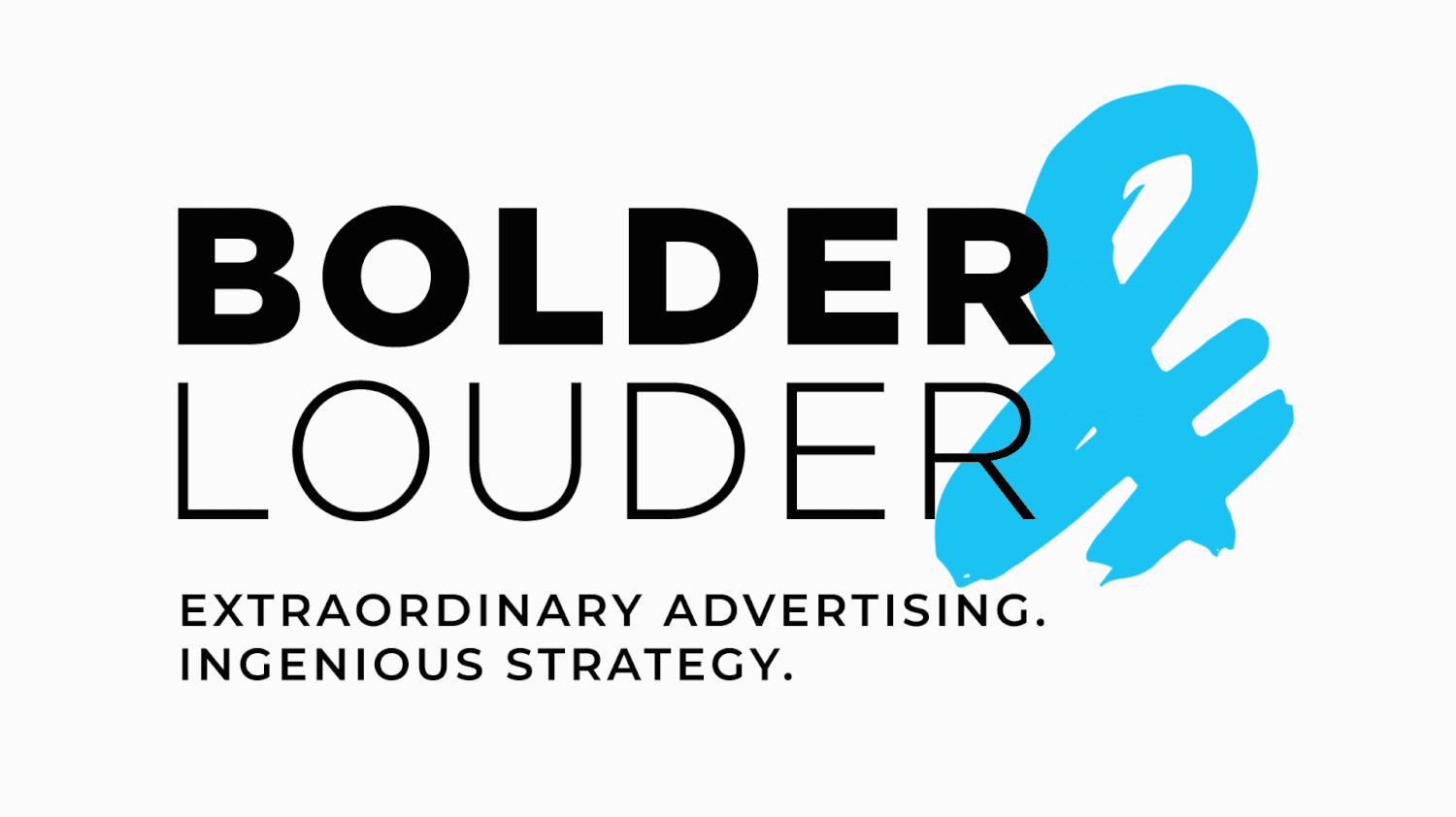How to Master The Alchemy of Desire To Attract More Clients
“Some say the world will end in fire. Some say in ice.
From what I've tasted of desire, I hold with those who favor fire.”
Robert Frost
Great marketing is as simple – and as difficult – as making people want what you sell. At the heart of this transaction is the element of desire. That’s what great marketing does – it makes people desire what you sell.
If you understand how desire works, you can harness its power in any economy – especially a down economy.
Let me explain why.
During the great depression, John Keynes was a world-renowned economist who helped President Franklin D. Roosevelt get America back on track. In the 1930s, the government was trying desperately to pull the economy out of its tailspin. Much of the nation was out of work. Bad weather had turned the Midwest into a dust bowl, putting many farms out of business and causing food shortages. Professionals were selling apples on the street corners in the cities, and despair and fear gripped the nation.
These were very dark days.
FDR asked Keynes if he was sure his policies would work. Keynes responded with the utmost confidence that he was already seeing signs of the economy coming back. He explained that even though the improvements weren't yet visible, they would be in a very short time - that every person in America who wanted a job would have one, there would be food on everyone's tables and nearly everyone would be able to own their own homes. There would be indoor plumbing and electricity, and America would have a very, very strong economy.
The President wondered, "well, what's the problem then?" Keynes responded, "the problem is that once you satisfy all people's basic desires, they may never want to work hard ever again."
Keynes’ real worry was that people's desires were finite, and once met, they would never be replaced by new desires and would grow lazy.
While there is undoubtedly an element of truth in this – that people work the hardest when fulfilling their most basic needs - what is true is that human desire is infinite and never-ending – a blessing for marketers, business owners, and shareholders everywhere.
Here is a list of my insights about desire (and how to leverage these in your business). My list is also based on research from economist Paul Pilzer who wrote the book "God Wants You to be Rich."
1. Desire is Infinite
Have you ever said to yourself, "I want it all – the best of everything life has to offer?" Most people have. Interestingly, our perception of "the best" changes with our life experiences, our income bracket, and our stage of life. Think of the first house you ever bought versus the house (or houses you own now). Fulfilling our heart's desires is like the horizon – we never ever get there.
2. Desires are Replaced Almost as Soon as They are Fulfilled
think of the last time that you wanted something so badly your whole world seemed to revolve around it. And then, once you got it, maybe in a day, a week, a month, you wanted something else!
3. Desires are Hard to Create But Easy to Intensify.
This point right here is pure marketing gold. It's a long, slow, hard and expensive grind when you have to attempt to educate somebody into wanting the type of product that you offer. For example, if someone isn't already shopping around for a new car, you’re wasting your effort trying to sell them on first the need to buy a new car, then secondly on buying your specific make of car, and third on buying now. That’s three separate sales you have to make – a tall order by anyone’s standards. Certainly not impossible, but very difficult to do (Read my story in The Client Stampede of how I did this selling my house during the last housing recession – to a buyer who wasn’t even looking at the time). But it’s far better to invest your marketing dollars into talking to people who are already seriously thinking about buying a new car, then intensifying and channeling their pre-existing desire into what you offer. This incredibly powerful marketing strategy will save your company enormous amounts of money and grief if your current strategy is to try and persuade people to buy something they're not already looking for.
4. Desires Evolve From Quantity to Quality.
Let's talk about buying a house again. When you first got started in your career and your goal was to buy a house, your desire is all about being able to save enough for the downpayment and comfortably afford the mortgage payments. Then as your career or your business starts taking off, suddenly, the two-bedroom bungalow you first bought doesn't fit with who you are or your newly expanded family. It's time to upgrade – perhaps a four-bedroom house with a pool or an inner-city loft with floor-to-ceiling windows. This is the natural evolution of desire – from quantity to quality.
As a marketer or a business owner, what does this mean to you? There is usually a better, higher-priced version of your product that you can create and offer to your clients – what I call in The Client Stampede book, the top of the pyramid. Within your existing client base, a growing number of clients would jump at the chance for a higher-priced, more premium version of what you're selling now – a significant untapped revenue stream in your business. Remember, the additional value has to be there. You can't just stick a higher price on something and give it a different name. The Irresistible Messaging you use must enable them to justify spending the higher price in their mind.
5. Desires Evolve From the General – to the Specialized.
This principle is another Marketing Gold gem. Think of the iPad. When it launched it was the first tablet of its kind. As more and more customers bought their first and second iPads, their needs became even more specialized – education, creativity, homeschooling, business productivity, toddler entertainment center and so on. Today Apple offers four different models of iPad, each with their own upsells and special features, millions of apps, and new, better models of the iPad are launched every year. This specialization principle applies to every industry and market and applies to your business. Once you know this principle, you can apply it to your product development to carve out a greater distinction between you and your competitors, meet an untapped demand in your market and lead your industry.
Here’s another example. Vitamins. Vitamins used to be pretty generic – one kind for everyone. Then as more people started buying supplements, people began looking for more specialized vitamins – for example, women's vitamins, toddle vitamins, pre-natal vitamins, hair, nail, and skin vitamins and so on. Do you see how powerful this is?
Next Steps
Now that you know these critical principles of desire, how can you apply these to your current product offerings? How can you incorporate them into your marketing? How will these impact on new products and services you're planning on launching? There are SO many opportunities for your business, irrespective of what the economy is doing.
Need more marketing strategies to attract more clients and make more money? Grab a copy of the indispensable marketing playbook, The Client Stampede.



